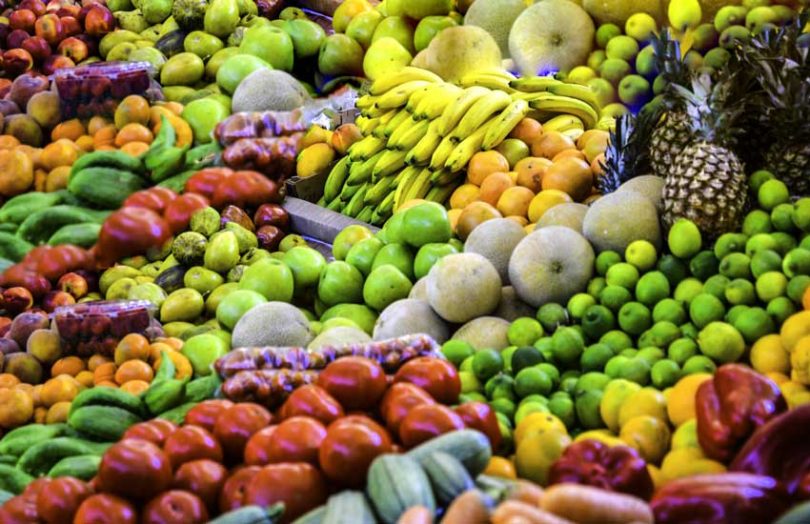Agribusiness firm Jupiter Group announced a partnership with trade technology company DiMuto for a blockchain-enabled platform for food traceability.
UK company Jupiter Group primarily supplles fresh fruit and sources its produce from a variety of countries. For the past three years it has featured in the Sunday Times International Track 200, a list of Britain’s private companies with the largest international sales growth. DiMuto is a Singaporean firm specializing in supply chain traceability and is a partner with the PwC Singapore Venture Hub.
The deal will provide traceability to Jupiter Group’s “core range” of products, which includes around 10 million cartons of produce and 500 million pieces of fruit.
The platform will assign an independent digital identity to each piece of produce, which will include “key supply chain data” logged on a blockchain. What data was included wasn’t specified but it could incorporate information on where the food was sourced from and whether it was organically and sustainably farmed.
The end customer will then be able to access this information by scanning a QR code. This will not only enhance traceability but could also help Jupiter Group better undertake targeted recalls in the event of outbreaks.
The use of blockchain by agribusiness firms has been booming lately, notably with the incorporation of consortium Covantis earlier this year. The group includes some of the world’s largest agribusiness companies, which are collaborating to modernize processes in the commodities trading and shipping industries through blockchain technology.
Furthermore, just last week the US Department of Agriculture proposed amending regulations surrounding organic agricultural products in part to facilitate the use of DLT for supply chain traceability.






